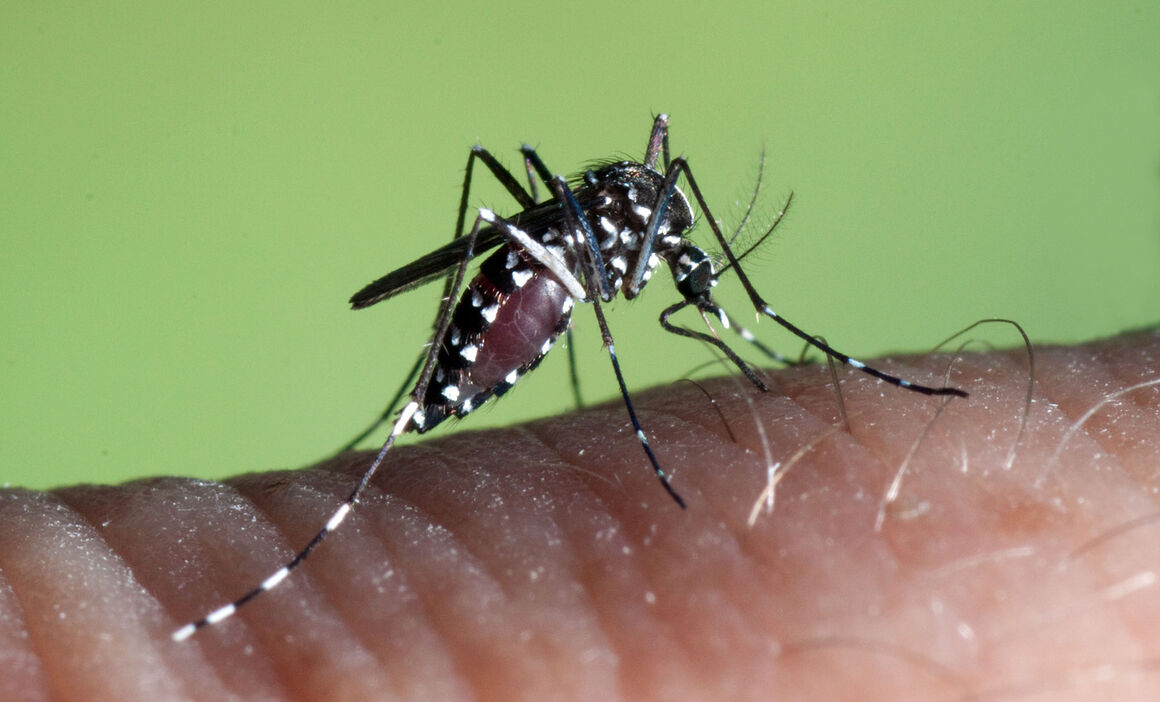The health ministry is aware of a report released on Thursday by the European Centre for Disease Prevention and Control (ECDC), warning of the increase in numbers of the mosquito species Aedes albopictus and Aedes aegypti throughout Europe.
The report also said the Aedes aegypti, known to transmit dengue, yellow fever, chikungunya, zika and West Nile viruses, has been established in Cyprus since 2022 and may continue to spread to other European countries.
According to the ECDC, Europe is experiencing a warming trend where heat waves and flooding are becoming more frequent and severe, and summers are getting longer and warmer, thus creating more favourable conditions for invasive mosquito species.
More specifically, ten years ago, the Aedes albopictus mosquito was established in 8 EU countries, with 114 regions being affected. Now the mosquito is established in 13 EU countries and 337 regions.
“In recent years we have seen a geographical spread of invasive mosquito species to previously unaffected areas in the EU,” ECDC director Andrea Ammon said.
“If this continues, we can expect to see more cases and possibly deaths from diseases such as dengue, chikungunya, and West Nile fever. Efforts need to focus on ways to control mosquito populations, enhancing surveillance and enforcing personal protective measures.”
Cyprus, and in particular the health ministry, are well aware of the dangers that the two species of mosquitos pose on the population.
“In recent months, we have conducted door-to-door inspections in areas of Limassol and Larnaca that are particularly at risk,” health ministry official Herodotos Herodotou told the Cyprus Mail.
“Not only that, but we also destroyed as many mosquitos breeding place as possible, thus lowering the risk of them proliferating.”
Herodotou said the key to combat the invasive species relies in the awareness of the risks they pose.
According to a health ministry announcement released two months ago, the mosquitos’ preferred breeding places are clay pots, water collection containers, open reservoirs, fountains, cans and other cans filled with rainwater, flower containers, broken bottles, abandoned and used vehicle tires and clogged gutters.
Herodotou said the health ministry is currently studying another plan aimed at curbing the spread of the invasive mosquito species called ‘sterile insect technique’ (SIT).
SIT employs irradiation, such as with gamma rays and X-rays, to sterilise insects so that, while they remain sexually competitive, they cannot produce offspring.
The sterile insects are then released into the wild to suppress and eventually eradicate wild pest populations.
Herodotou said that, while the plan to employ SIT is still in its embryonal phase, the health ministry will soon release a statement on the subject.
He also said that, out of the two invasive species, eradicating the Aedes aegypti is the priority for the health ministry.
“Unlike the Aedes albopictus, which has proliferated throughout the continent in recent years, the Aedes aegypti is currently only found in Cyprus among European countries, so we need to stop its proliferation and eradicate its presence as soon as possible,” Herodotou said.







Click here to change your cookie preferences